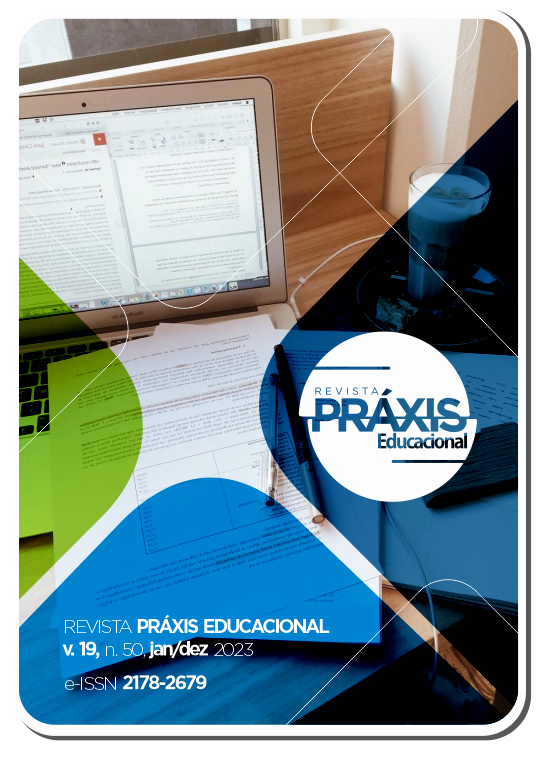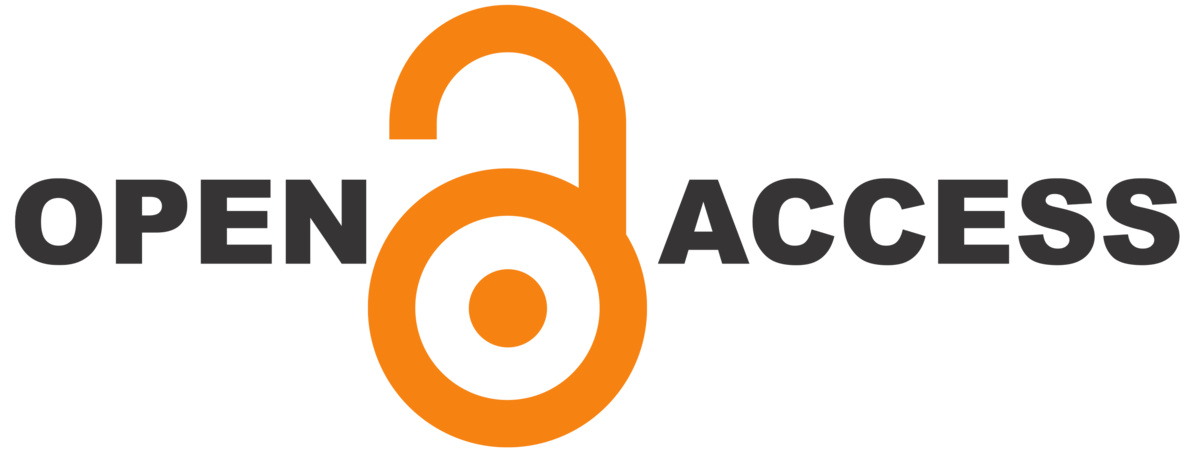Decolonize the people to decolonize education systems: between the cracks and seeding
DOI:
https://doi.org/10.22481/praxisedu.v19i50.12042Keywords:
epistemologies, decoloniality, descoloniality, educationAbstract
This essay aims to reflect on epistemological propositions about polarized and simplistic, from western modern scientific rationality, the eurocentric ideological thinking, and the colonizing and capitalist model that scrutinizes bodies, minds, trajectories, and existences of the indigenous peoples of Abya Yala, like Latin Americans and Africans. On the other hand, this writing weaves historical contexts of ruptures and deconstructions, which make up the complex emerging realities of Latin America, insurgents of analytical and constitutive antitheses of other views that point, theoretically, to the constitution of other epistemologies of the south, subverting the eurocentric gaze and provoking fissures in the status quo of hegemonic scientism. In the meantime, we inquired: from this perspective of epistemic rupture is it possible to decolonize social subjects as a way of decolonizing economic and educational systems? How to make decolonial epistemologies be effective in decolonial practices? This essay weaves works and structuring concepts about coloniality and colonization, about world-system, and it brings potential reflections on educational systems from a decolonial perspective, from freedom, hope, and for another possible world.
Downloads
References
DUSSEL. Enrique. Política de la Liberación: Volumen III. Crítica Creadora. 1ª ed. Madrid: Trotta, S.A, 2022.
FLECHA, Ramón; TORTAJADA, Iolanda. Desafios e saídas educativas na entrada do século. In: IMBERNÓN, Francisco; ROSA, Ernani (org.). A educação no século XXI: os desafios do futuro imediato. Porto Alegre: Artmed, 2000. p. 21 - 36.
FREIRE, Paulo. Pedagogia do Oprimido. 17.ed. Rio de Janeiro: Paz e Terra, 1987.
MARCON, Telmo. Epistemologia e política educacional: contribuições de Santos e Wallenstein. Revista de Estudios Teoricos y Epistemologias em Política Educativa, vol.1, n.1, enero-junio, 2015.
NASCIMENTO, Antônio Dias. O difícil caminho da ética na contemporaneidade: Uma leitura de Zygmunt Bauman. In: PALMEIRA, Maria José de Oliveira; ROSEIRA, Nilson Antônio. (org). Educação e Democracia: Fundamentos teóricos para uma abordagem de valores. Salvador: EDUNEB, 2008. p. 19 - 40.
QUIJANO, Anibal. Colonialidade do Poder e Classificação Social. In: SANTOS, Boaventura de Sousa; MENESES, Maria Paula (org.). Epistemologias do Sul. Coimbra: Edições Almedina S.A., 2009, p.23-72.
RIGAL, Luis. A escola crítico-democrática: uma matéria pendente no limiar do século XXI. In. IMBERNÓN, Francisco (org.). Educação para o Século XXI: desafios do futuro imediato. Porto Alegre: Artmed, 2000. p.171-194.
SANTOS, Boaventura de Sousa. Para além do Pensamento Abissal: das linhas globais a uma ecologia de saberes. In: SANTOS, Boaventura de Sousa; MENESES, Maria Paula (org.). Epistemologias do Sul. Coimbra: Edições Almedina S. A., 2009. p.73-118.
WALLERSTEIN, Imanuel. Análise dos sistemas mundiais. In: GIDDENS, Anthony; TURNER, Jonathan (org.). Teoria social hoje. São Paulo: Editora UNESP, 1999. p. 447 - 470.
WALSH, Catherine. ¿Interculturalidad y (de) colonialidad? Gritos, grietas y sembras desde Abya Yala. Conferencia Magistral. IX Congreso Brasileño de Hispanistas, UNILA-UNIOESTE, Paraná: Foz do Iguaçu, 22 a 25 de agosto de 2016.
WALSH, Catherine. Pedagogías Decoloniales. Práticas Insurgentes de resistir, (re) existir e (re) vivir. Editora Abya-Yala: Equador, 2017. (Serie Pensamiento Decolonial). Tomo I.
Downloads
Published
How to Cite
Issue
Section
License

This work is licensed under a Creative Commons Attribution-ShareAlike 4.0 International License.
Você é livre para:
Compartilhar - copia e redistribui o material em qualquer meio ou formato; Adapte - remixe, transforme e construa a partir do material para qualquer propósito, mesmo comercialmente. Esta licença é aceitável para Obras Culturais Livres. O licenciante não pode revogar essas liberdades, desde que você siga os termos da licença.
Sob os seguintes termos:
Atribuição - você deve dar o crédito apropriado, fornecer um link para a licença e indicar se alguma alteração foi feita. Você pode fazer isso de qualquer maneira razoável, mas não de uma forma que sugira que você ou seu uso seja aprovado pelo licenciante.
Não há restrições adicionais - Você não pode aplicar termos legais ou medidas tecnológicas que restrinjam legalmente outros para fazer qualquer uso permitido pela licença.












